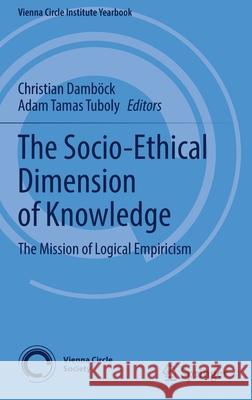The Socio-Ethical Dimension of Knowledge: The Mission of Logical Empiricism » książka
topmenu
The Socio-Ethical Dimension of Knowledge: The Mission of Logical Empiricism
ISBN-13: 9783030803629 / Angielski / Twarda / 2022 / 272 str.
The Socio-Ethical Dimension of Knowledge: The Mission of Logical Empiricism
ISBN-13: 9783030803629 / Angielski / Twarda / 2022 / 272 str.
cena 483,04
(netto: 460,04 VAT: 5%)
Najniższa cena z 30 dni: 462,63
(netto: 460,04 VAT: 5%)
Najniższa cena z 30 dni: 462,63
Termin realizacji zamówienia:
ok. 16-18 dni roboczych.
ok. 16-18 dni roboczych.
Darmowa dostawa!
Kategorie BISAC:
Wydawca:
Springer
Seria wydawnicza:
Język:
Angielski
ISBN-13:
9783030803629
Rok wydania:
2022
Wydanie:
2022
Numer serii:
000296973
Ilość stron:
272
Waga:
0.55 kg
Wymiary:
23.39 x 15.6 x 1.6
Oprawa:
Twarda
Wolumenów:
01
Dodatkowe informacje:
Wydanie ilustrowane











